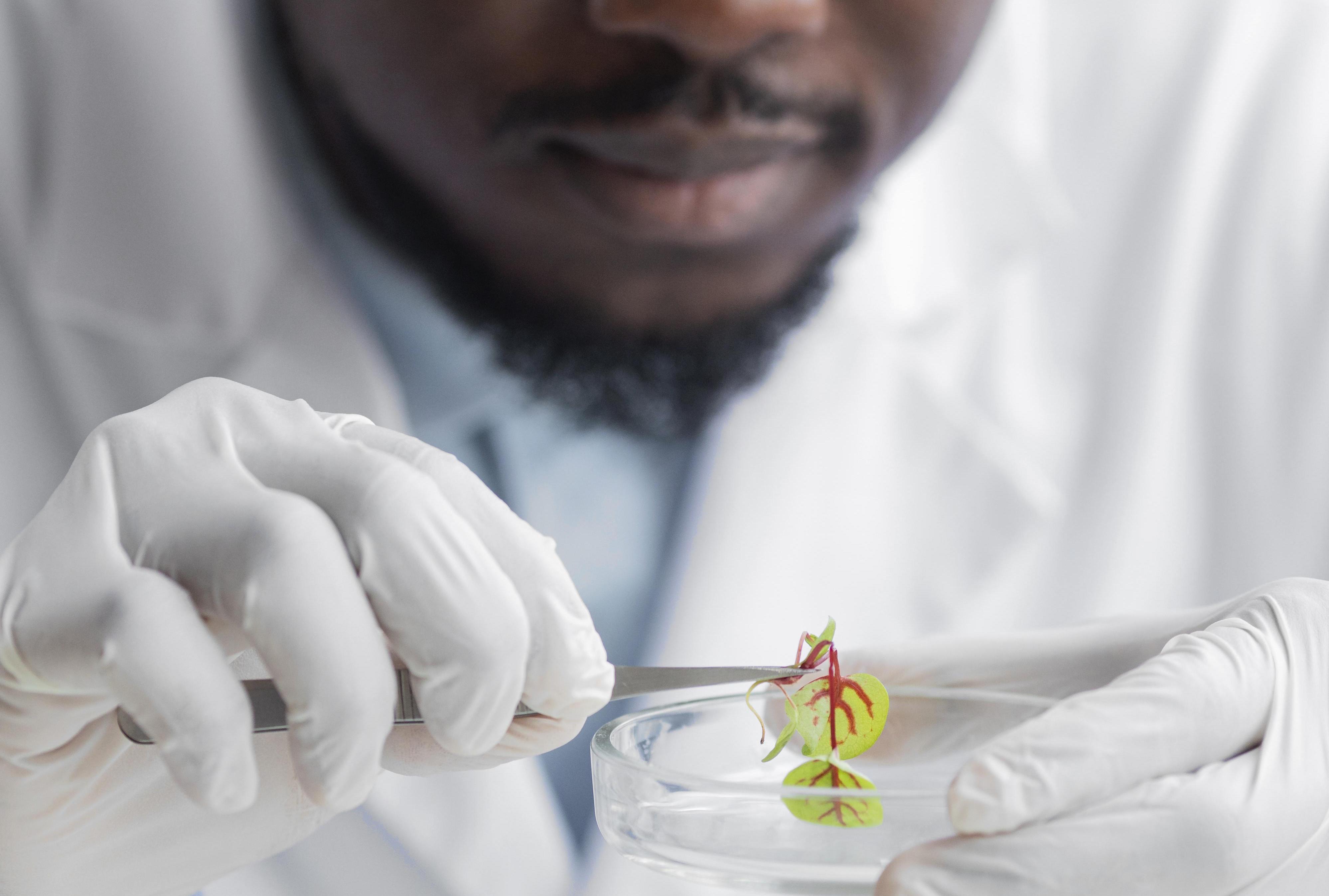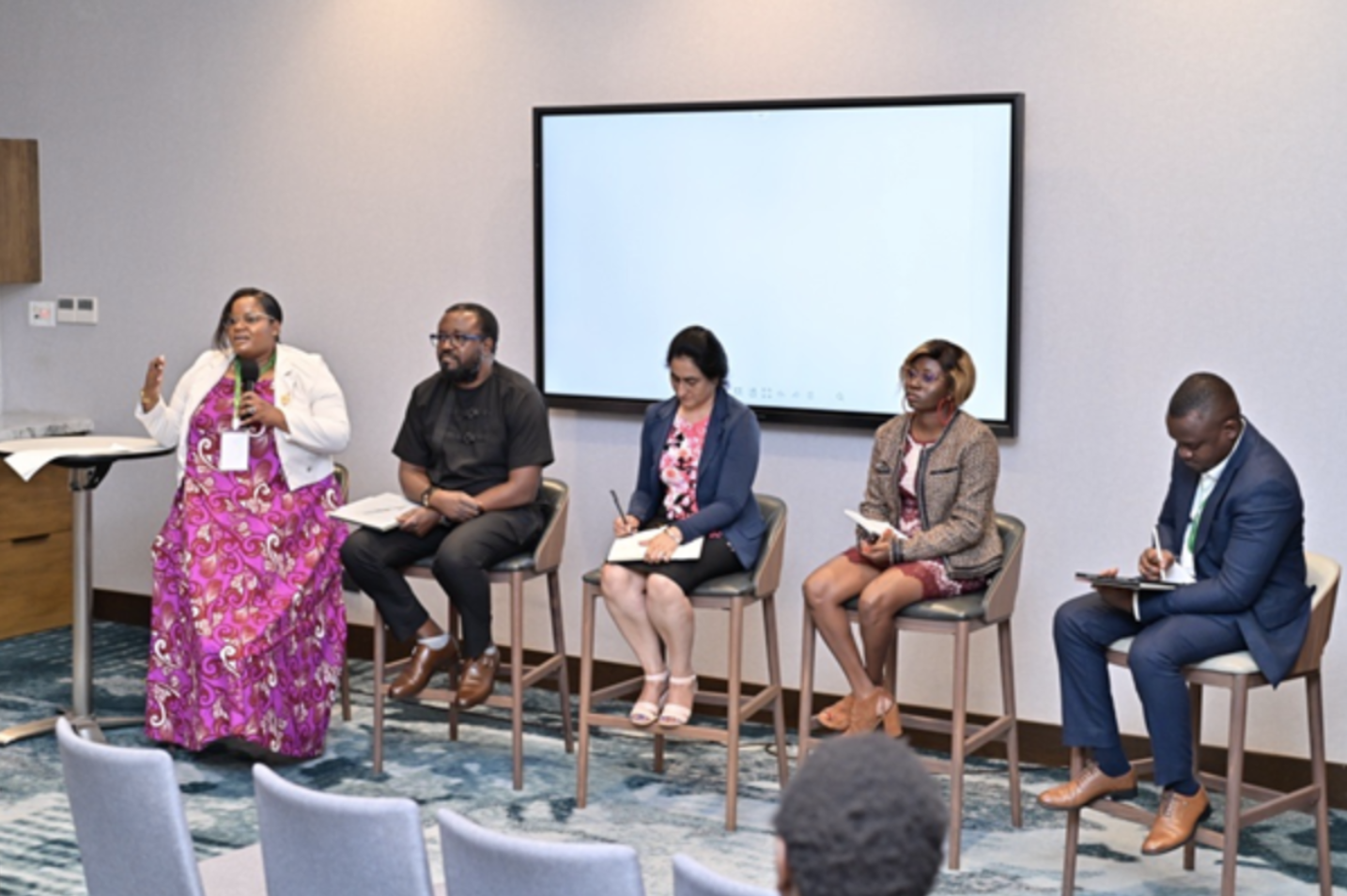
Impact Stories
Why the SFA Foundation is funding malaria research
Sunday, April 28, 2024

Malaria continues to pose a significant public health challenge, particularly in Africa, where the burden of the disease remains disproportionately high, according to the latest data from the World Health Organization.
Africa accounts for approximately 94% of all malaria cases and deaths worldwide. Malaria not only poses a threat to human health but also hinders economic development, costing African economies an estimated $12 billion annually in lost productivity. Funding malaria research is essential.
As we commemorate World Malaria Day 2024, we are reminded of the progress made in the fight against this deadly disease. The RTS,S vaccine, which has been developed by GlaxoSmithKline (GSK) and PAT, which was rolled out to countries in West Africa beginning in February this year. The SFA Foundation has been at the forefront of funding malaria research, driving innovation, and promoting health equity.
How our funding is contributing to changing the landscape for malaria research
Through our funding, we are:
-
Investing in research to enable the development of new and more effective tools for malaria prevention, diagnosis, and treatment.
-
Allowing for data collection and identifying regional variations in malaria prevalence, enabling targeted interventions tailored to specific needs.
-
Supporting local researchers and institutions to strengthen their capacity to conduct research, analyse data, and develop evidence-based interventions.
-
Enabling scientists to monitor parasite resistance, studying vector biology, and developing innovative strategies to counteract emerging threats in the face of the constant evolution of malaria parasites and mosquito vectors that poses challenges to existing control measures.
Our efforts towards tackling malaria research
The researchers we support are spread across different disciplines and countries. We spotlight some scientists who are conducting malaria research:
Unlocking the genetic puzzle: PAMGEN's quest for malaria solutions
The Pan African Malaria Genetic Epidemiology Network (PAMGEN) network funded through the Human Heredity and Health in Africa initiative seeks to understand the genetic interactions between host and parasite invasion genes and how they are affected by the environment. With an African-led team of scientists, this project is examining human, parasite, and vector genomic data from seven locations distributed across the continent namely; Ethiopia, Cameroun, Ghana, Madagascar, Mali, Tanzania, and The Gambia thereby representing a wide range of ecological and epidemiological settings.
The SFA Foundation implements the Wellcome funded component of H3Africa, which is also a partnership with the US National Institutes of Health and the African Society of Human Genetics (AfSHG). Watch PAMGEN postdoctoral fellow, Dominic Eswe, speak about how his project has impacted his career progression.
Developing therapeutic agents for malaria
Richard Amewu a grantee of the Grand Challenges Africa initiative is leading crucial research around the development of innovative therapeutic agents for neglected diseases, with a particular emphasis on malaria. His expertise as a synthetic organic chemist help him understand drug design and medicinal chemistry, leading to breakthroughs in antimalarial treatments. Amewu discusses his research in this video, including his work with natural products and designing synthetic versions with improved therapeutic effects.
Through our implementation of the second phase of Developing Excellence in Leadership, Training, and Science in Africa (DELTAS Africa). A long-term, multimillion-dollar Initiative to produce researchers seeking to drive locally relevant and high-quality health research impacting on science, policy, and practice in Africa and contributing to improved health and development on the continent. We are supporting researchers seeking to drive locally relevant and high-quality health research impacting on science, policy, and practice in Africa and contributing to improved health and development on the continent.:
Advancing malaria research in Africa
Abdoulaye Djimde in Mali, who is leading the Developing Excellence in Leadership and Genomics Training for Malaria Elimination and Antimicrobial Resistance control in Africa (DELGEME Plus). The mission of DELGEME Plus is to conduct cutting-edge research to understand how the microbes that cause malaria and other diseases become resistant to drugs. How we can prevent the development of this resistance and invent or discover new drugs that will effectively kill the microbes.Learn more
Eliminating malaria
The Malaria & Neglected Tropical Diseases Research Capacity Development in West and Central Africa (MARCAD-Plus) led by Oumar Gaye in Senegal is training the next generation of African research leaders in malaria and neglected tropical diseases. The Consortium maintains high-quality research which seeks to eliminate malaria and selected NTDs within the context of climate change, rapid urbanisation, increasing population movements and the COVID-19 pandemic. Learn more.
We are also a partner in the Calestous Juma Fellowship whose fellows are conducting groundbreaking research in malaria including:
Establishing a national malaria molecular surveillance platform in Kenya
Isabella Oyier, Associate Professor at the KEMRI-Wellcome Trust Research, is establishing a national malaria molecular surveillance platform that is integrated into the Division of National Malaria Programme (DNMP) to directly translate research into policy. She is establishing a national data repository and a working group to develop a sustainable next-generation sequencing platform that can be easily implemented across malaria-endemic regions. Watch her speak about her research.
Incorporating molecular vigilance in malaria surveillance in Ghana
Anita Ghansah, Senior Research Fellow at the Noguchi Memorial Institute for Medical Research at the University of Ghana, is building a cost-efficient malaria molecular surveillance system with high spatial and temporal resolution that covers the entire country. This will produce country-wide, near real-time surveillance data to better inform the control and elimination efforts of the National Malaria Control Programme of Ghana.



